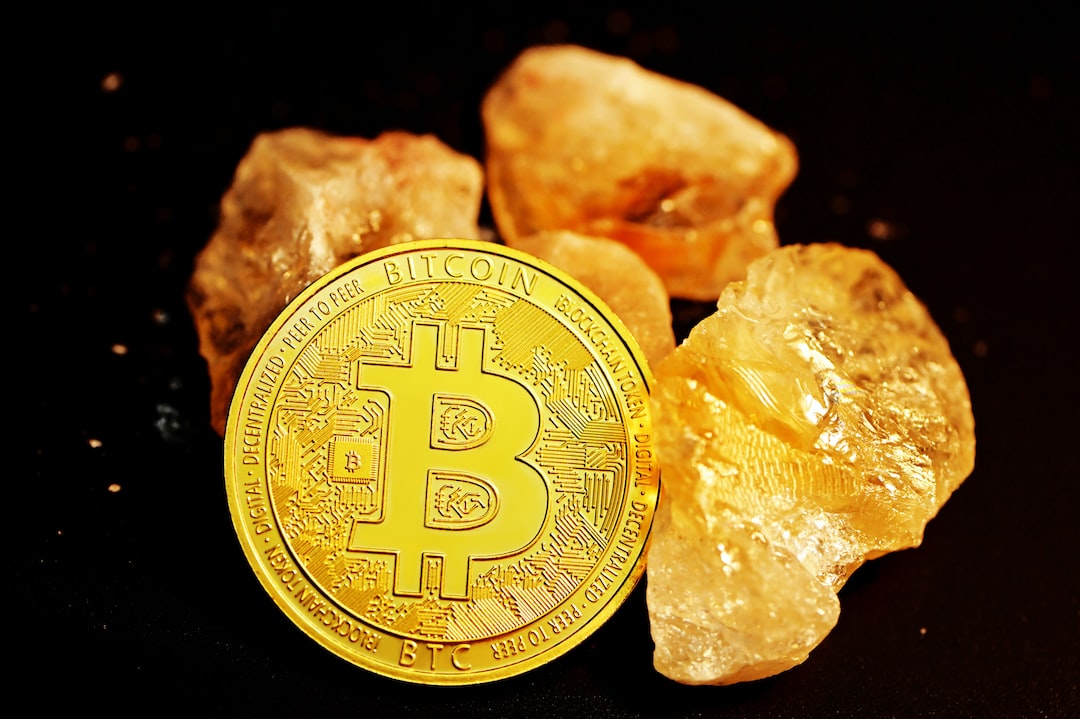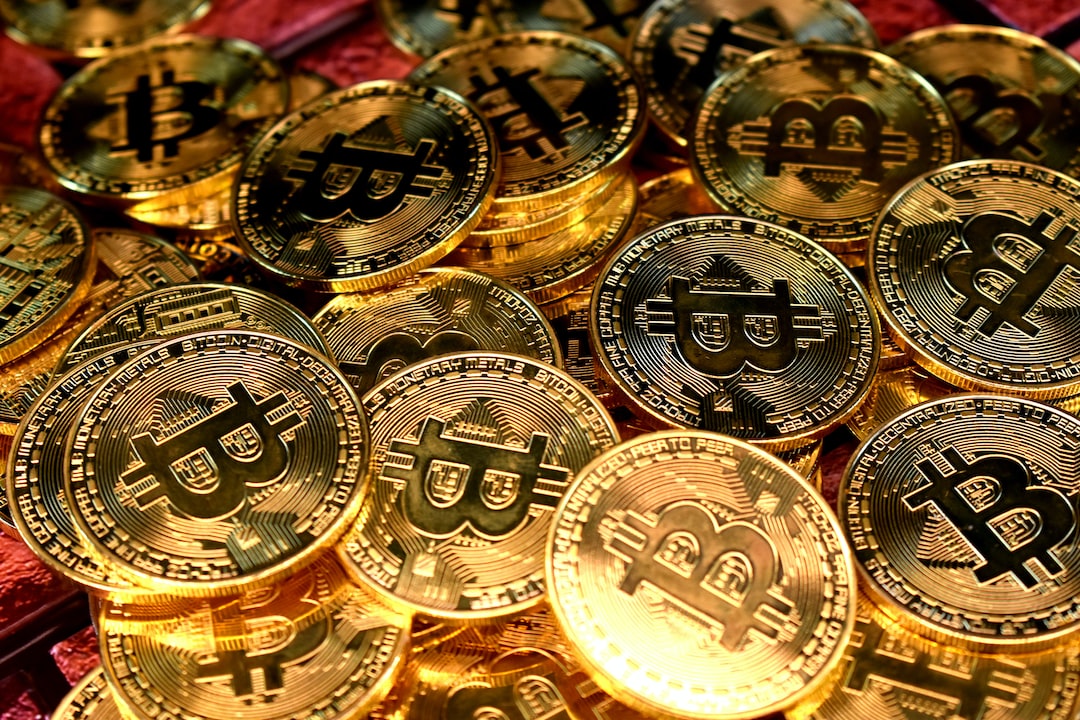Polkadot vs. Ethereum: A Comparative Analysis of Two Major Blockchain Platforms
Welcome to the world of cryptocurrencies! With the rise of digital assets, you might be wondering which blockchain platform is the best for you. In this article, we will be comparing two major players in the crypto space: Polkadot and Ethereum. By the end, you will have a better understanding of both platforms and be able to make an informed decision. So, let’s dive in!
Understanding Polkadot
Polkadot is a next-generation blockchain platform that aims to connect different blockchains together. It was created by Gavin Wood, one of the co-founders of Ethereum. Polkadot operates on a multichain network, allowing independent blockchains to interoperate. This means that Polkadot offers scalability, security, and cross-chain communication, which many believe to be the future of blockchain technology.
Understanding Ethereum
Ethereum, on the other hand, is the pioneer of smart contract platforms. It was created by Vitalik Buterin and has gained significant popularity since its inception. Ethereum allows developers to build decentralized applications (dApps) and execute smart contracts on its blockchain. It is also the home of many tokens and serves as the backbone for the majority of initial coin offerings (ICOs).
Comparing Performance and Scalability
When it comes to performance and scalability, Polkadot has a clear advantage over Ethereum. Polkadot’s multichain network allows for parallel processing, which means that multiple tasks can be executed simultaneously. This results in faster transaction times and improved scalability. On the other hand, Ethereum operates on a single-chain network, which can sometimes lead to congestion and slower transaction speeds during peak times.
The Role of Governance
Both Polkadot and Ethereum have different governance models. Ethereum’s governance relies on a community-driven approach, where decisions are made through consensus. This can sometimes lead to delays in implementing upgrades and resolving issues. On the other hand, Polkadot has an on-chain governance system that allows token holders to vote on proposals. This enables faster decision-making and ensures that the network stays up to date with the latest advancements.
Interoperability and Cross-Chain Communication
One of the key differentiators between Polkadot and Ethereum is their approach to interoperability. Polkadot is built to connect different blockchains together, facilitating communication and data transfer across chains. This opens up numerous possibilities for collaboration and innovation. Ethereum, on the other hand, primarily focuses on its own ecosystem. While there have been efforts to establish bridges between Ethereum and other blockchains, it still lacks the seamless interoperability that Polkadot offers.
Security and Consensus Mechanism
Both Polkadot and Ethereum prioritize security, but they achieve it through different consensus mechanisms. Ethereum currently operates on a proof-of-work (PoW) model, where miners compete to validate transactions and secure the network. However, Ethereum is in the process of transitioning to a proof-of-stake (PoS) model called Ethereum 2.0. Polkadot, on the other hand, uses a hybrid consensus mechanism called nominated proof-of-stake (NPoS), which combines the benefits of PoS and PoW. This allows for greater efficiency and security.
Exploring Potential Use Cases
Now that we have discussed the technical aspects, let’s explore the potential use cases for both platforms. Ethereum’s focus on smart contracts and dApps has led to the development of a vibrant ecosystem for decentralized finance (DeFi) applications, tokenization, and non-fungible tokens (NFTs). On the other hand, Polkadot’s interoperability and scalability make it an ideal platform for building complex cross-chain applications, connecting different industries and facilitating data sharing.
Should You Choose Polkadot or Ethereum?
Ultimately, the choice between Polkadot and Ethereum depends on your specific needs and goals. If you are looking to build decentralized applications or participate in the booming DeFi ecosystem, Ethereum might be the better choice. However, if you are interested in connecting multiple blockchains, facilitating cross-chain communication, and exploring innovative use cases, Polkadot could be the platform for you.
Frequently Asked Questions (FAQs)
Q: Can I use Ethereum tokens on Polkadot?
A: No, Ethereum tokens cannot be directly used on Polkadot. However, there are ongoing efforts to establish bridges that enable interoperability between the two platforms.
Q: Is Ethereum 2.0 already live?
A: No, Ethereum 2.0 is currently being rolled out in phases. The transition to a proof-of-stake model is expected to be completed by 2022.
Q: Are there any other blockchain platforms similar to Polkadot and Ethereum?
A: Yes, there are several blockchain platforms that offer similar functionalities, such as Cardano, Solana, and Binance Smart Chain. It’s worth exploring these platforms to find the one that best suits your needs.
In conclusion, both Polkadot and Ethereum are major players in the blockchain space, each with its own strengths and potential applications. Whether you choose Polkadot or Ethereum, you are entering an exciting world of innovation and possibility. Happy exploring!





 By
By
 By
By
 By
By


 By
By